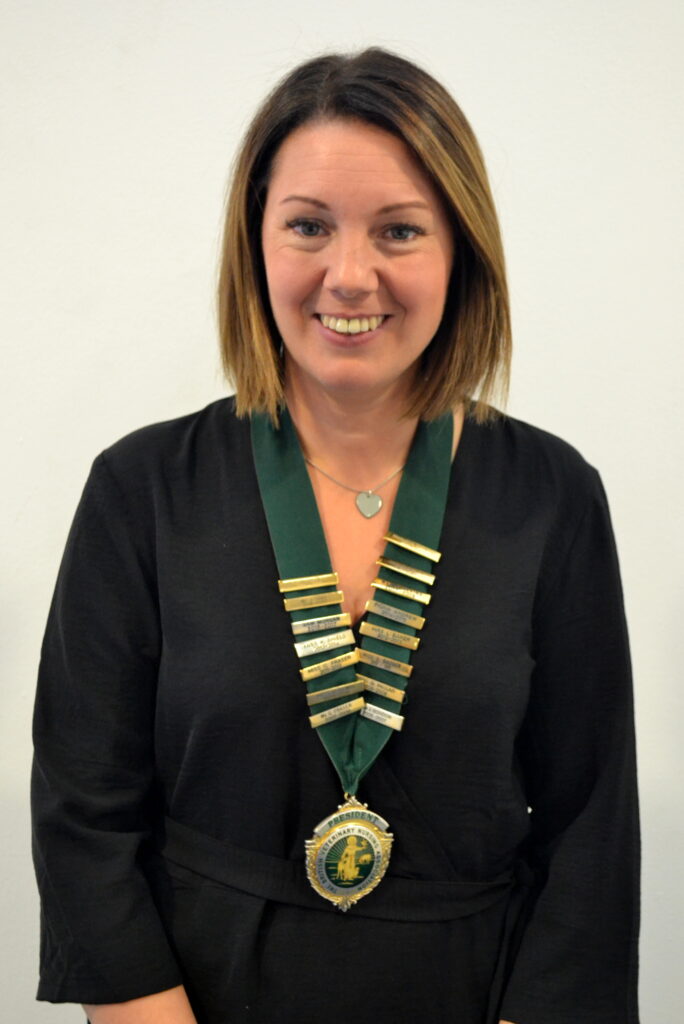BVNA News
21 August 2025
Reform of the Veterinary Surgeons Act – what does it mean, and why does it matter?
“This is potentially a once-in-a-lifetime opportunity to achieve real change for your profession.”
In ongoing work to reform the Veterinary Surgeons Act, we’ll soon be calling on the whole veterinary nursing profession to shape your future – and every individual voice matters.
In this blog, BVNA President Lyndsay Hughes outlines the work BVNA has been undertaking throughout 2025 so far, in steps towards brand new legislation. Working alongside a small handful of other key veterinary stakeholders, BVNA has been providing the sole veterinary nursing representation in a working group led by the UK Government. We are calling for:
- Long-overdue protection of the ‘veterinary nurse’ title
- Greater recognition and utilisation of the RVN skillset
- Clearer routes for RVN role progression, including the retirement of Schedule 3

Overhaul of the current Veterinary Surgeons Act 1966 has been a long time coming. Many organisations, including BVNA, have been calling for brand new legislation to replace the existing Act, which at nearly 60 years old is significantly outdated.
Whilst it may seem that progress to date has been slow, this year we have been making huge strides towards new legislation becoming a reality. BVNA is currently working alongside UK Government, in a stakeholder group set up by the Department for Environment, Food and Rural Affairs (Defra). We are providing the sole veterinary nursing representation within this working group, which is also made up of the British Veterinary Association (BVA), Royal College of Veterinary Surgeons (RCVS), the Veterinary Schools Council (VSC) and other government departments. Throughout the whole of 2025 so far, the group has been considering recommendations for new legislation, ensuring a new Act can best address the needs of the profession and public, both now and in the future. These recommendations will eventually be put forwards to form a public consultation. BVNA Council, staff and dedicated working groups are continuing to devote a huge amount of time and resource to this work.
Why is this important to veterinary nurses?
The key issues that we commonly hear from our members surround the lack of protection of the ‘veterinary nurse’ title, and underutilisation of the RVN skillset. We’re listening, and we’re working hard to change this.
We must achieve new legislation in order to protect the ‘veterinary nurse’ title, which we believe is long overdue. This ensures that only those who are trained, qualified and regulated may refer to themselves as such. We’ve long been campaigning on this issue, and have achieved support from both RCVS and BVA in securing this for veterinary nurses.
We also know that existing legislation, and specifically understanding of Schedule 3, causes a significant barrier to the full utilisation of RVNs’ broad range of skills. It is our intention to ensure that the legal boundaries of the RVN role can be made much clearer, to include clear routes for progression. This means that legislation can further enhance RVNs’ already valuable contributions to the veterinary team – and therefore, to delivering excellent patient care. It is time that RVNs are finally recognised for their full range of knowledge, skills and potential.
How can you get involved?
Our push towards new legislation is only possible thanks to our members’ support. However, we must call on you once again to help us to secure a positive outcome for veterinary nurses.
As part of the consultation process, Defra will be seeking engagement directly from the veterinary nursing profession. Your voice will be absolutely crucial and will be listened to – and this is a key opportunity to shape the future for your profession.
The veterinary policy team at Defra are joining us at BVNA Congress 2025 specifically to listen to your perspective as an RVN. On Friday 10th October, 15:30 – 16:30, Defra will be hosting an interactive discussion session to better understand your views and concerns surrounding legislation. We’d encourage as many delegates as possible to contribute to these discussions, learn more about the process of legislative change, and consider the future for veterinary nursing.
Once we have a clearer picture of the timescale for the public consultation on the recommendations for new legislation, we will also be calling on members to contribute to this consultation and provide your feedback. A clear and strong voice from the veterinary nursing profession is essential to ensure we can achieve the outcomes the profession needs from new legislation. Your voice matters.
This is potentially a once-in-a-lifetime opportunity to achieve real change for your profession, and we hope we can count on your engagement and support.

BVNA President
2023-2025
